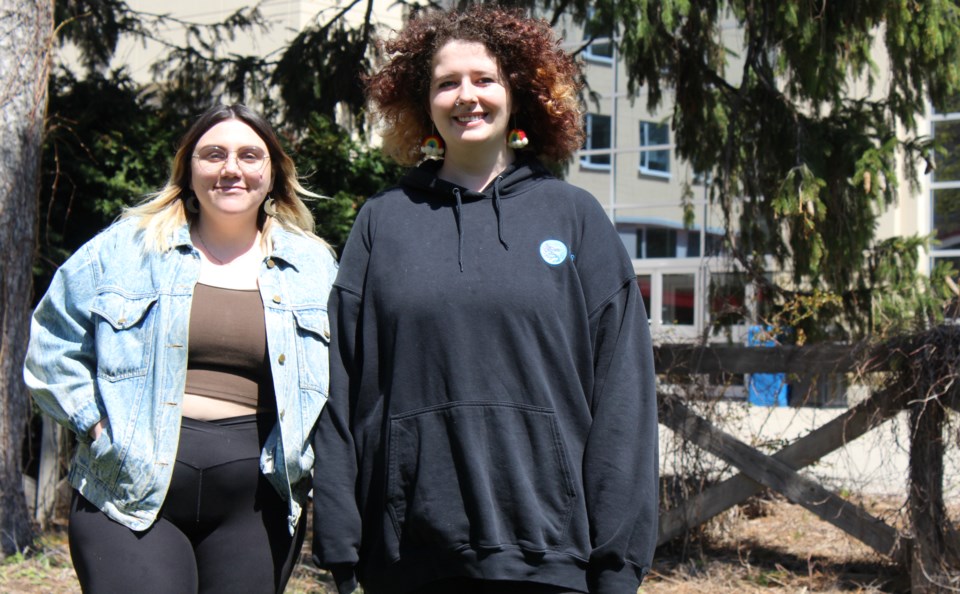Graduate students say they are the "primary drivers of research" at universities in Canada, yet compensation remains quite low for them to do the work.
So much so, many are either going into poverty, heading to other countries in search of better pay and better opportunities, or calling it quits as a researcher altogether.
It prompted the organization of a national walkout taking place today at 1 p.m. at 41 universities, involving post grads, postdoctoral scholars, professors and community members.
The grassroots organization Support Our Science is leading the way, and is calling for an increase in federal investments – whether that be scholarships, fellowships or research grants – so federally funded grad students and postdoctoral scholars can earn a livable wage.
"It's a complicated problem," said Lexi Mollica, a PhD student in U of G's school of environmental sciences, and member of the U of G Grad Coalition.
"The benchmark for what grad students get paid is based off of tri-agency scholarships (from the federal government) – so that's like NSERC (National Science and Engineering Research Council), SSHRC (Social Sciences and Humanities Research Council) and CIHR (Canadian Institutes for Health Research) – and those scholarships haven't increased since 2003."
This, despite the cost of living skyrocketing in the last 20 years.
Mollica said while grad students have always been on the lower end of the income scale, it's now reached a level where they can't afford to pay for basic necessities, like rent or groceries.
"Housing in this city is a nightmare right now, and it's hitting grad students really hard as well," added Kat Nolan, fellow grad coalition member and a PhD candidate in department of integrative biology.
She said to look no further than the Guelph Student FoodBank.
In January, the food bank said the majority (nearly 80 per cent) of its visitors are graduate students. Of the registered visitors, 77 per cent are international students.
"If I have to replace a light bulb, it's financially devastating," Nolan added.
And it's not like they can go out and get a part-time job.
For one, Nolan points out while grad students aren't necessarily forbidden from going to get another job, there is a culture within academia that it is.
"Our work is really more like a full-time job," Mollica said. "We're expected to work full-time hours."
"We do the bulk of the lab work," added Nolan. "We're guided by faculty members, but we're the ones really in the lab doing the work.
"We're also the primary point of contact for undergraduate students in courses that they're taking. We work as teaching assistants, and we also do a lot of mentoring students in the lab outside of our teaching assistant duties as well. And also, we run several student governments on campus."
But the issue at hand is without adequate funding, many researchers are left splitting their concentration between work and making ends meet.
Mollica said faculty members are on their side, and want to pay them more.
But the belief is the problems with funding are governmental and "probably" institutional.
Mollica and Nolan are organizing the walkout at U of G. Sign making will happen at the UC Central Courtyard at 1 p.m., with the walkout at Branion Plaza at 1:30 p.m. and speakers at 2 p.m.
Nolan said while grad students may have differing opinions on certain subjects as academics, this issue has been a uniting force among them across the country.
"I don't think it will take long for the universities and the government to realize that graduate students hold a lot of power, being the primary research output of the universities," she said.
"We are the ones driving papers being published. We're the ones mentoring, we're the ones producing most of the research that the university then takes and puts on its branding and says 'look at how great our school is, we're doing all this cool research.'
"That's driven by graduate students who are underpaid and living in poverty."
